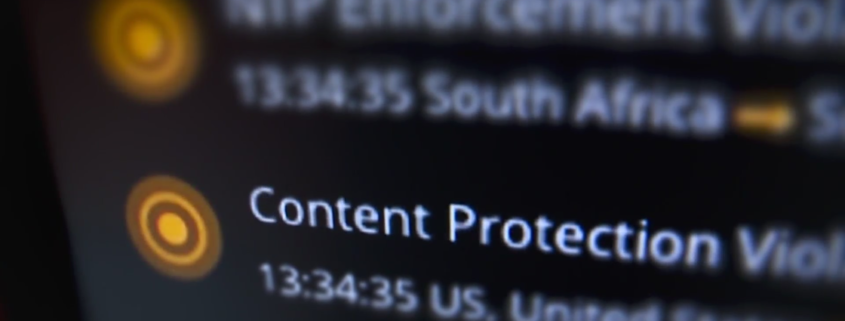Latvian woman charged for alleged role in transnational ransomware scheme targeting 11 countries | Washington Examiner
A Latvian national faces federal charges for allegedly participating in a transnational plot using ransomware to steal money and other confidential information from victims, including Americans.
Alla Witte, 55, was arraigned in the U.S. District Court for the Northern District of Ohio on Friday on 19 counts in a 47-count indictment brought against the “Trickbot Group,” named for the Trickbot malware used in the plot, according to the Justice Department.
As part of their cybercrime scheme, Witte and other conspirators, who operated in Russia, Belarus, Ukraine, and Suriname, allegedly began using the malware in November 2015 to steal from individuals, hospitals, schools, public utilities, banks, and governments in the United States, the United Kingdom, Australia, Belgium, Canada, Germany, India, Italy, Mexico, Spain, and Russia.
UPTICK IN RANSOMWARE ATTACKS SHARES ‘A LOT OF PARALLELS’ WITH 9/11: WRAY
Witte, who resided in Suriname when the cybercrimes occurred, was a developer for the group and oversaw the creation of computer code used to control the ransomware, obtain payment from victims, and store stolen information, according to court documents.
The group infected millions of computers worldwide, including those belonging to individuals and business entities within the Northern District of Ohio, to harvest credit card information, passwords, social security numbers, and addresses and to steal funds from victims’ bank accounts, the indictment said.
“The Trickbot malware was designed to steal the personal and financial information of millions of people around the world, thereby causing extensive financial harm and inflicting significant damage to critical infrastructure within the United States and abroad,” acting U.S. Attorney Bridget Brennan of the Northern District of Ohio said in a Justice Department news release.
A warrant was issued for Witte on Aug. 13, 2020, and she was arrested Feb. 6 in Miami.
Witte faces one count each of conspiracy to commit computer fraud and aggravated identity theft, conspiracy to commit wire and bank fraud, and conspiracy to commit money laundering, as well as eight counts of bank fraud and eight counts of aggravated…




